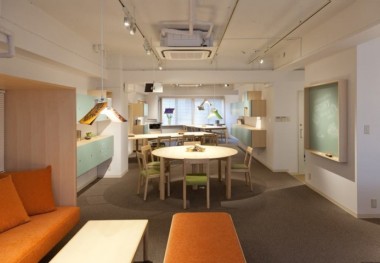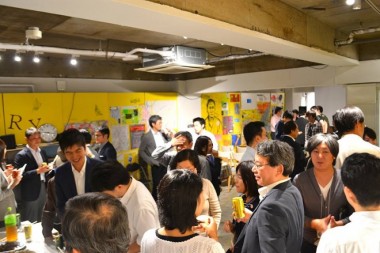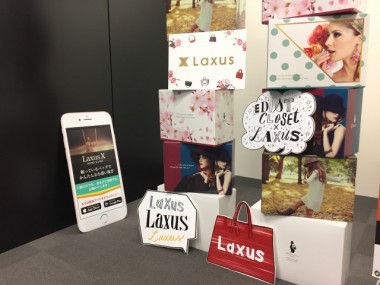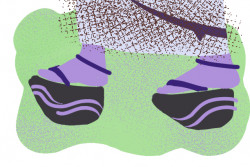

Editory is one of at least several dozen coworking spaces in operation around Tokyo. Some, like Editory, are distinctively laid-back, while others replicate the look and feel of corporate suites. But typically these shared office spaces are co-rented by individual freelancers and bootstrapping entrepreneurs whose projects don’t usually intersect. What do coworkers have in common? Sometimes they’re just strangers sharing Wi-Fi, power outlets, and a secure workspace, but sometimes they are networking and collaborating, too.
The sharing movement is on the rise in Japan. While Uber and AirBnB struggle to find a toehold in Japan, other forms of the business model have found a niche. In a study published by Yano Research Institute, a marketing research and consulting firm, the sharing service provider sector saw a 34.7% growth in sales in just the 2014 fiscal year, and this growth is expected to pick up speed.
However, in Japan, this concept of sharing is not recent or unusual. Prior to public libraries, kashihonya were widely popular during the Edo period. These commercial libraries rented books for a small fee that was still considerably lower than the original price of the book. Also, shared houses have long been an option for city dwellers who are happy to forgo total privacy in order to offset rent.
At its best, sharing allows us to access products and services that we cannot otherwise afford. An ingenious sharing model can provide nimble cost solutions to consumer needs that traditional businesses may have entirely overlooked.
But Mikie Sasano, Editory’s Brand Producer, cautioned that the fixation on cutting consumer costs can turn into a quick race to the bottom. “People are always going to be looking for discounts,” she said.

Now with the number of coworking spaces on the rise around Tokyo, it’s more important than ever to build a community around Editory’s unique brand and values. “We also attract a lot of unique people, people who don’t necessarily fit into one box,” Sasano said. But having an engaged community is perhaps the greatest value any coworking office can offer.
Laxus is another company dishing out a very unique consumer experience with its own sharing model in the luxury industry.

The Hiroshima-based company rolled out its luxury bag sharing service just two years ago and is now one of the leading luxury bag sharers in Japan. Members of Laxus’ monthly subscription service can enjoy toting around handbags typically in the 200 to 300 thousand yen price range from brand names in the ranks of Chanel, Gucci and Prada. In a few taps and swipes on their app, the bag arrives in a pretty box at their door.
Speaking with Shogo Tanaka, Vice President and Finance Officer, it turns out that it’s quite a feat to maintain their 15,000-item inventory. The pieces are chosen partly based on data gathered on their app, and partly by female intuition. “Our procurement team made of women… will purchase [a bag] if they feel that it’s cute,” Tanaka said.
The most difficult part of this operation, though, is purchasing the bags. Their team scours luxury item auctions and second hand luxury markets around the country for quality, genuine bags.
All the hard work put into developing this model is to appeal specifically to the fickle fashionista in every woman.
Laxus’ research suggests that when it comes to purchasing a luxury handbag, women will typically go after more classic, timeless pieces. But on Laxus’ app, customers are more likely to let their fancies go wild, opting for a statement piece they might never consider purchasing.
Laxus’ service hasn’t received any bites back from luxury brands, but like Editory, the company is redoubling its efforts to deliver a distinctively high-end experience to stay ahead of its competitors. “We care about how the customer feels at every single touchpoint,” Tanaka said.







